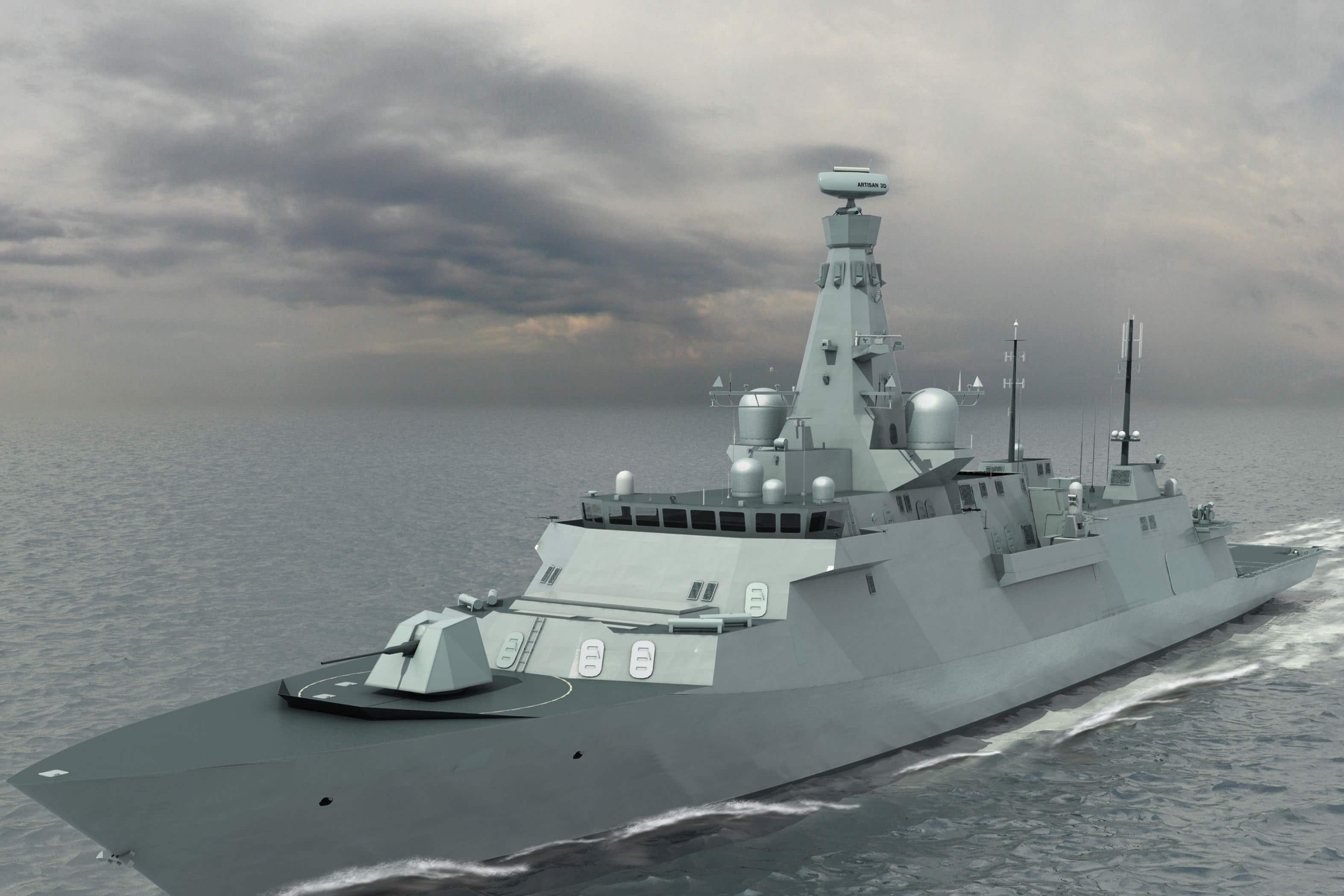Sunak announces construction of five more warships in face of Russia threats
The Prime Minister is attending the G20 summit in Bali, Indonesia.

Your support helps us to tell the story
From reproductive rights to climate change to Big Tech, The Independent is on the ground when the story is developing. Whether it's investigating the financials of Elon Musk's pro-Trump PAC or producing our latest documentary, 'The A Word', which shines a light on the American women fighting for reproductive rights, we know how important it is to parse out the facts from the messaging.
At such a critical moment in US history, we need reporters on the ground. Your donation allows us to keep sending journalists to speak to both sides of the story.
The Independent is trusted by Americans across the entire political spectrum. And unlike many other quality news outlets, we choose not to lock Americans out of our reporting and analysis with paywalls. We believe quality journalism should be available to everyone, paid for by those who can afford it.
Your support makes all the difference.Rishi Sunak has announced the construction of five more British warships, as he declined to commit to boosting defence spending to 3% of GDP.
The Prime Minister is attending the G20 summit in Bali, Indonesia, which looks set to be dominated by the fallout from Russia’s invasion of Ukraine.
As part of steps the UK is taking to strengthen its security in the face of increased threats from Moscow, Mr Sunak announced that defence manufacturer BAE Systems has been awarded a £4.2 billion contract to build five more Type 26 frigates for the Royal Navy, on top of the three already under construction.
The Prime Minister said: “Russia’s actions put all of us at risk.
“As we give the Ukrainian people the support they need, we are also harnessing the breadth and depth of UK expertise to protect ourselves and our allies.
“This includes building the next generation of British warships.”
The expansion of the programme to build the frigates, designed for anti-submarine warfare, follows the attacks on the Nord Stream gas pipelines, which have been blamed on the Kremlin.
Meanwhile, Mr Sunak again declined to commit to a promise from his predecessor Liz Truss to raise defence spending to 3% of GDP, compared to the Nato minimum of 2.5%, as he and Chancellor Jeremy Hunt seek to balance the books.
He downplayed concerns by some in the Tory party that ditching the target could be seen as a weakness by Russian President Vladimir Putin.
“We’ve got not just a current but a historic track record of being strong investors in defence and prioritising Nato,” the Prime Minister told reporters travelling with him to Bali.
“I think people can feel completely assured that we’re investing in our defences”.
He continued: “In terms of what does weaken Putin, I mean what he’s going to see from me is unequivocal condemnation of his actions at the G20.”
Mr Sunak also pointed to the UK’s “significant” financial and military assistance for Ukraine.
“I don’t think Putin or anyone else can look at that and say in any way that we’re weak,” he said.
The Prime Minister is preparing to confront Russia’s representative with allies at the summit, which starts on Tuesday.
The Ministry of Defence (MoD) said the contract will support 1,700 jobs over the next decade at BAE Systems sites in Govan and Scotstoun, in Glasgow.
The new ships are replacing the fleet of 12 retiring Type 23 frigates.
Defence Secretary Ben Wallace said: “We are investing in our fleet to ensure our Royal Navy maintains its world-leading capability to protect and defend our nation at sea.
“Supporting thousands of high-skilled jobs in Scotland, and more across the wider UK supply chain, this contract will continue to boost our British shipbuilding industry, galvanising the very best of British engineering, manufacturing and design.”
BAE Systems’ CEO Charles Woodburn said the contract would secure a “critical” UK industry.
Scottish Secretary Alister Jack said: “Scotland is a world leader in building modern, state-of-the-art warships and it’s great news that our highly skilled workforce and expertise will be at the heart of delivering another five anti-submarine frigates.
“Billions of pounds of UK Government defence investment into Scotland’s shipyards is already boosting our country’s prosperity through supporting thousands of jobs directly and through the supply chain.
“The National Shipbuilding Office, which has a base in the UK Government hub in Edinburgh, is working with industry to deliver a 30-year pipeline of orders in the naval and commercial sectors that will boost Scotland and help level up all parts of the UK.”